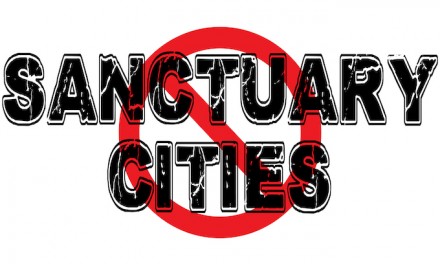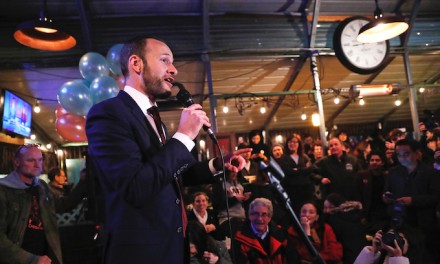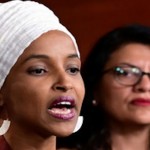Pollsters need to go through a great deal of “serious soul-searching” and embrace new ways of reaching voters, a leading national pollster tells the Herald in the wake of the 2020 election and Americans’ wariness of the polling industry.
Many polls heading into Election Day showed President-elect Joe Biden with a dominant double-digit national lead over President Trump. Pollster John Zogby on Sunday said that was incredibly misleading, as the final vote tallies are expected to be around a 3% advantage for Biden.
“We need to do some serious soul-searching,” said Zogby, whose polls at the end of the race showed a 5% lead for Biden, compared to some national polls with Biden up by more than 10%.
“Too much of the establishment in the polling industry is doing whatever others are doing, and not welcoming new ideas,” Zogby added. “We have to be much more willing to examine newer technologies, instead of doing what we’ve been doing for years.”
The bad election cycle for polling comes after a disastrous 2016 presidential polling cycle, when Trump shocked pundits and defeated Hillary Clinton.
Ahead of 2024, pollsters need to assess the future of using telephones to reach voters, Zogby said, adding that phones have “reached their reckoning point now.”
“You get poor response rates over the phone, and you’re also not able to get the kind of representative sampling that we need,” he added.
Instead, pollsters should be eyeing the Internet more and more, Zogby said. Before, sampling people online wasn’t reaching enough households, but now the “internet penetration” is about the same as the landline used to be 30 years ago, he said.
“There are now enough emails with data on each email, with demographic data, so you can do a random sampling from a pool of several million email addresses and still get a randomness from it,” Zogby said.
UMass Lowell political science Professor John Cluverius called 2020 polling a “moderately bad year.” His conversations with pollsters over the last few weeks has been about what went wrong, what went right and how to fix it.
“We need to understand that the trust that people have in polls was really shaken in 2016, and at this moment the trust is really crumbling,” Cluverius said. “Americans are very, very wary of the polling and public opinion industry right now, and it’s important we’re cognizant and aware of that.”
It’s key to find voters where they are, including online, which is how UMass Lowell conducts all of their polling, he said. One caution is making sure pollsters know who they’re talking to online, he added.
“You need to make sure you’re not being susceptible to the brigading of a particular candidate,” Cluverius said, adding, “There are good ways of doing online, and bad ways of doing online.”
___
(c)2020 the Boston Herald
Visit the Boston Herald at www.bostonherald.com
Distributed by Tribune Content Agency, LLC.
—-
This content is published through a licensing agreement with Acquire Media using its NewsEdge technology.



















Recent Comments